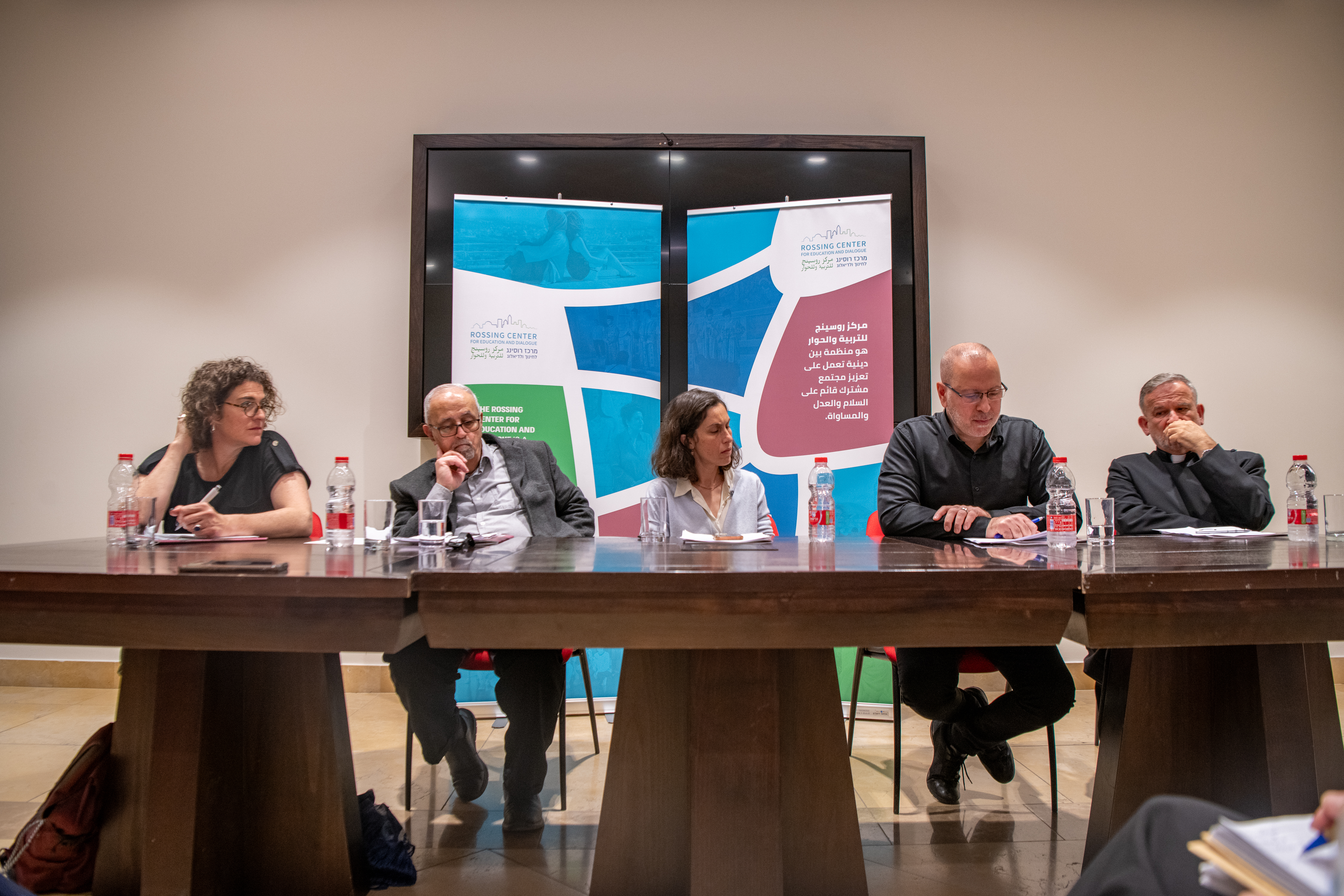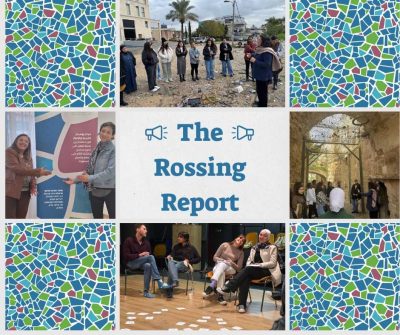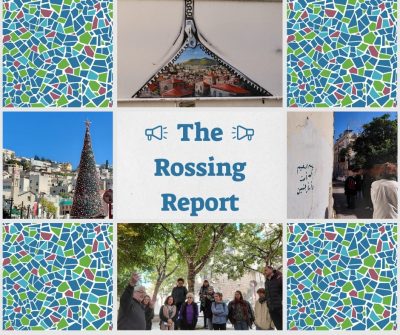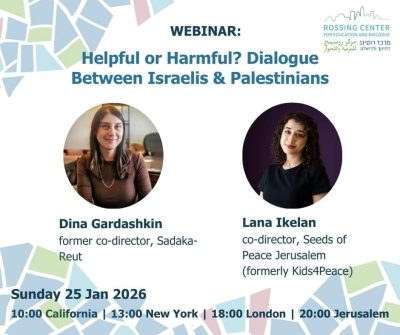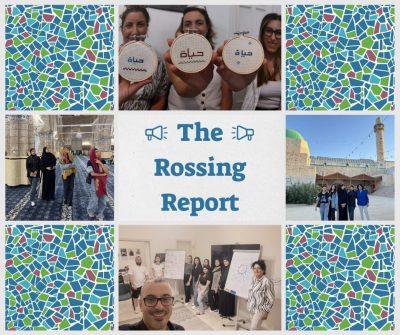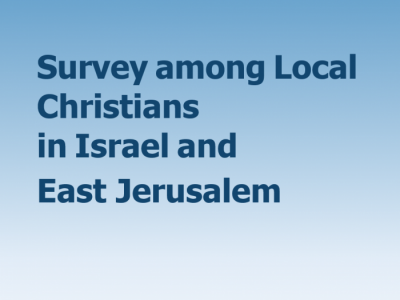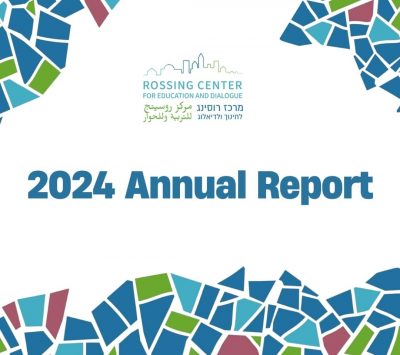Dear Friends,
Spring arrives as a quiet reminder of both continuity and transformation. As the city blossoms, we are reminded that, even in times marked by deep sorrow and ongoing conflict, life continues to move forward. The pain is real—despair, anger, and grief weigh heavily on our communities. Yet, despite these challenges, we remain committed to building a different future—one where Jews, Muslims, and Christians walk together on a shared path toward peace, dignity, and understanding.
This future begins with listening. With empathy. With the courage to learn from one another, even when our experiences diverge. In choosing connection over division, we make space for something stronger than fear: a hope rooted in action, and in our shared humanity.
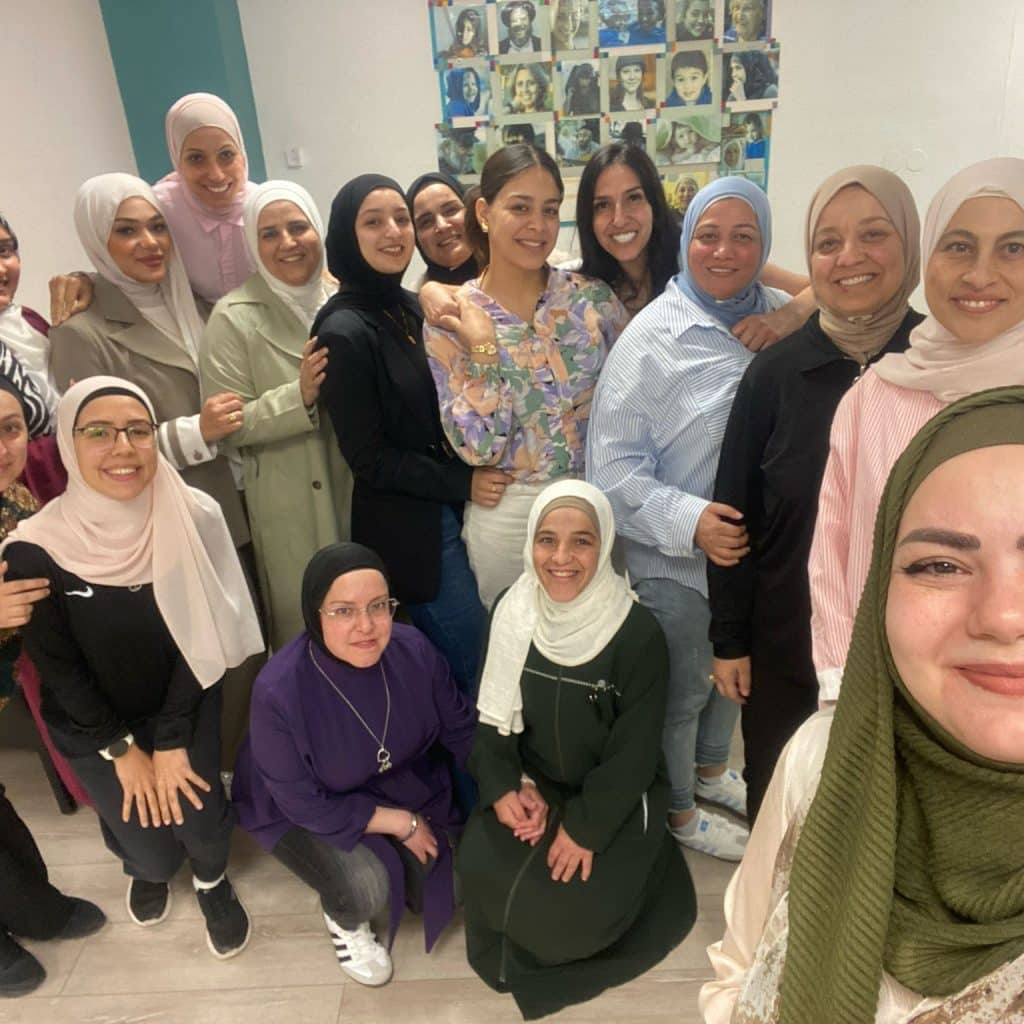
Holidays of Unity
This month, three major holidays were observed—each rooted in profound values that resonate across traditions:
Muslims marked Eid al-Fitr, not only as the end of Ramadan but as a return to daily life with renewed intention—a life centered on generosity, solidarity, and deep human connection.
Shortly thereafter, Jews celebrated Passover. As well as a commemoration of liberation from Egypt, it carries a timeless message: a call for freedom, equality, and compassion that extends far beyond its historical roots.
Christians concluded the month with Easter, a celebration of hope and renewal. Across traditions, Easter carries a message of light overcoming darkness and the enduring power of faith, even in the face of hardship.
These traditions, and the values they embody, reflect the very essence of the Rossing Center’s work: building a shared society where no one is excluded, and where closeness, equality, and solidarity grow through deep and respectful dialogue across faiths and communities.
Fostering Dialogue through Education
We believe that education and the deepening of knowledge are among the most powerful tools for fostering meaningful dialogue and lasting change.
In the current academic year, Rossing Center is collaborating with the Haifa Laboratory for Religious Studies (HLRS) at the University of Haifa on an MA program for religious leaders . The program aims to bring together religious leaders in the broadest sense of the term—clergy members, educators, teachers, and dialogue activists. Participants take classes at the university and take part in monthly dialogue workshops led by Hussam Elias and Hana Bendcowsky from the Rossing Center. During the workshops, they have discussed issues of identity, the role of religion and religious leaders in interfaith dialogue, and have worked with our Healing Hatred methodology. Later, they will receive training to develop interfaith programs within their communities.
As part of the program, the group went on a tour in Ramle, where they visited the synagogue of the city’s historic Bukharan Jewish community and met with the official responsible for the Waqf at Ramle’s Great Mosque. Additionally, the city’s first Arab council woman spoke to them about collaborations between her, as a Christian Arab, and a Shas Council representative on issues of aid for families in need. They also heard from the principal of the Orthodox school about the church-affiliated education system. The tour concluded with a visit to the Open House in Ramle and a discussion on mixed cities and the promotion of shared living in the complex reality of such urban environments.
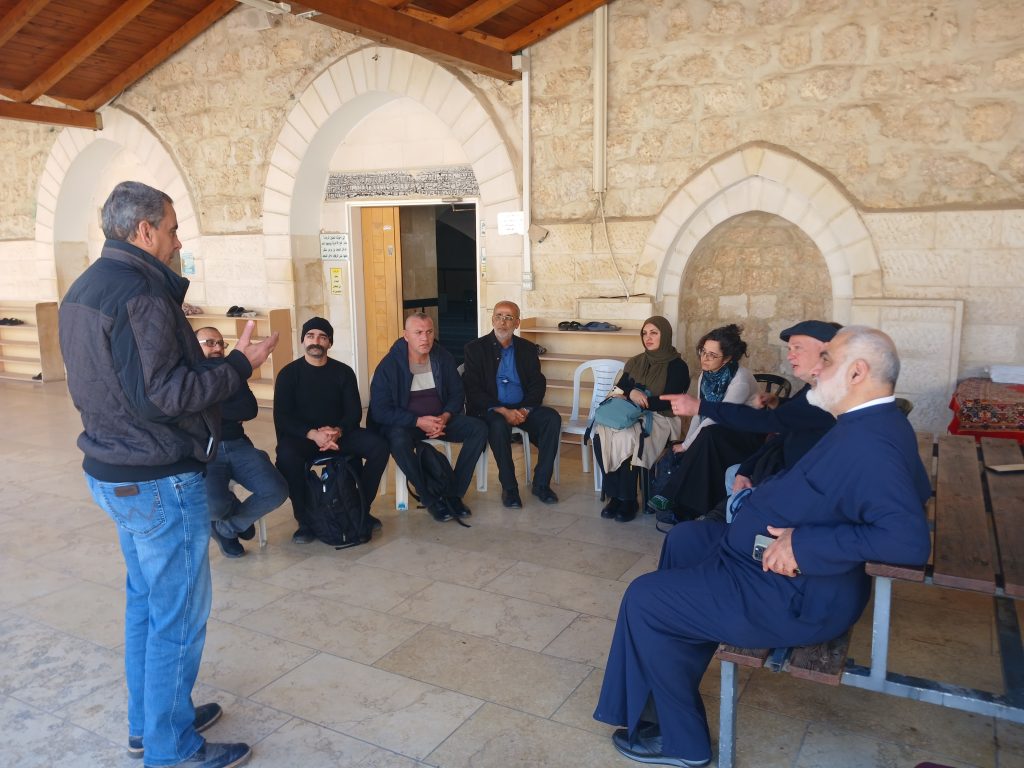
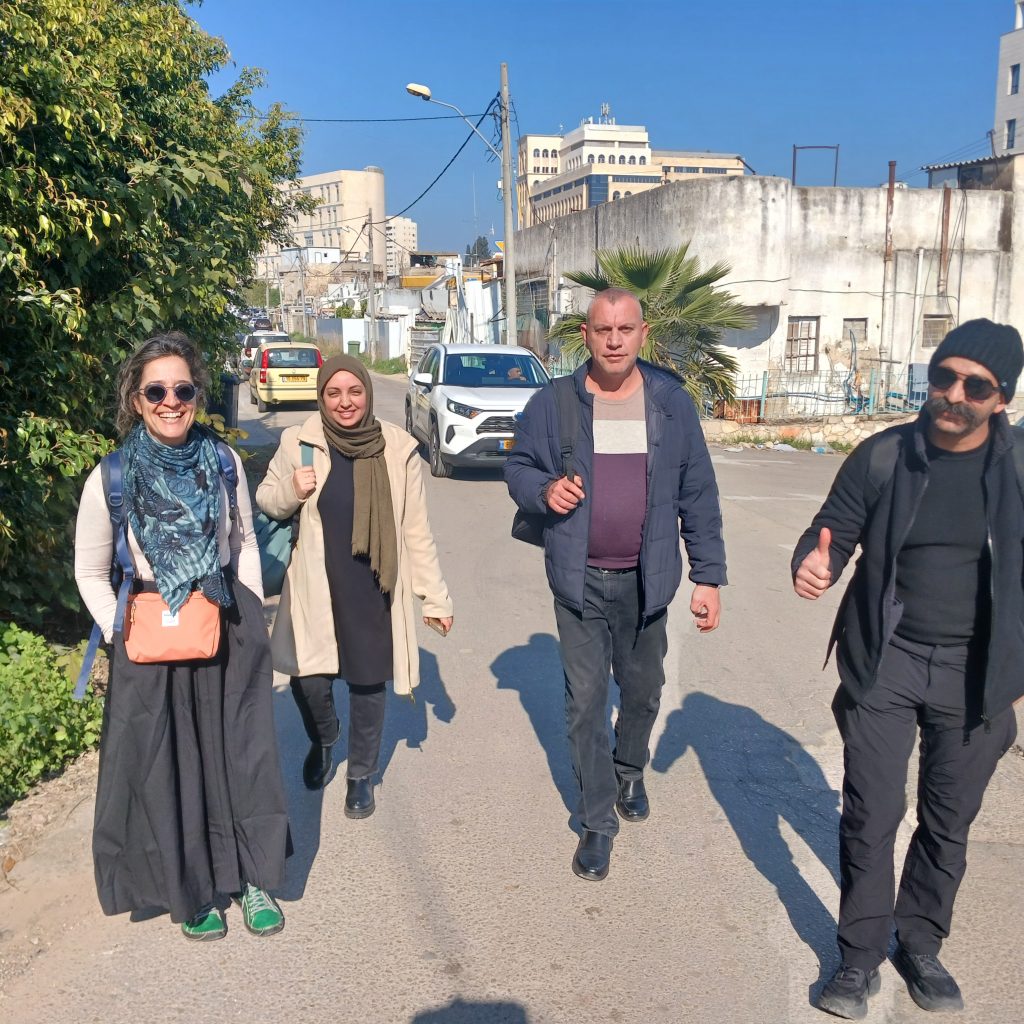
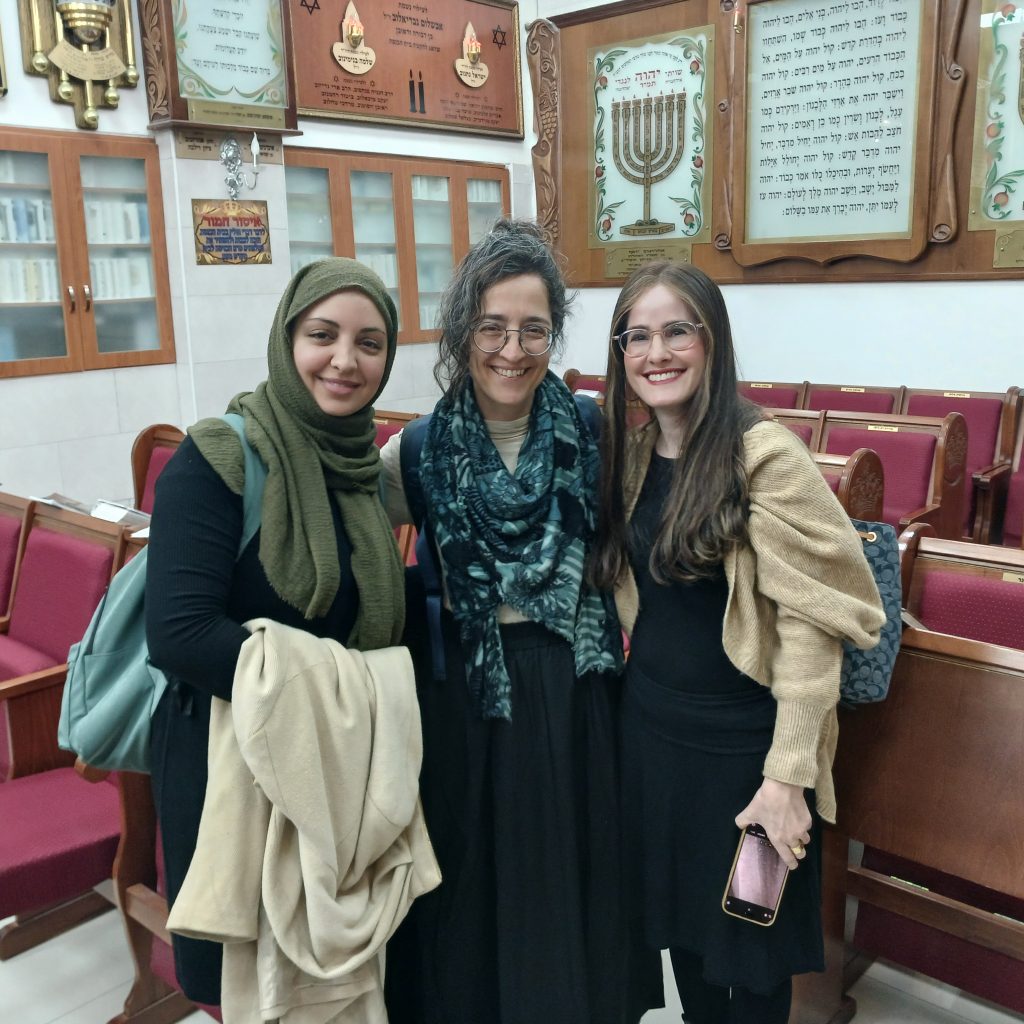
As we move beyond a month shaped by reflection and renewal, our commitment to fostering understanding remains active and strong. Through programs like Foundations for Partnership, Educating for Change, and Meeting Place, we continue to create meaningful spaces for diverse voices, honest dialogue, and shared understanding.
These initiatives are not merely responses to the challenges of the present—they are rooted in the belief that lasting change is built through partnership. They represent long-term investments in a more inclusive and equitable society. We remain steadfast in our work, knowing that every conversation, every relationship, brings us one step closer to the future we believe in.

